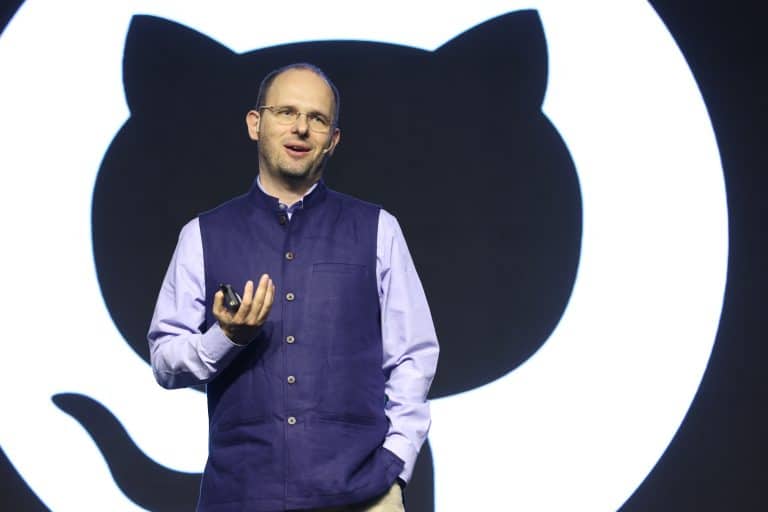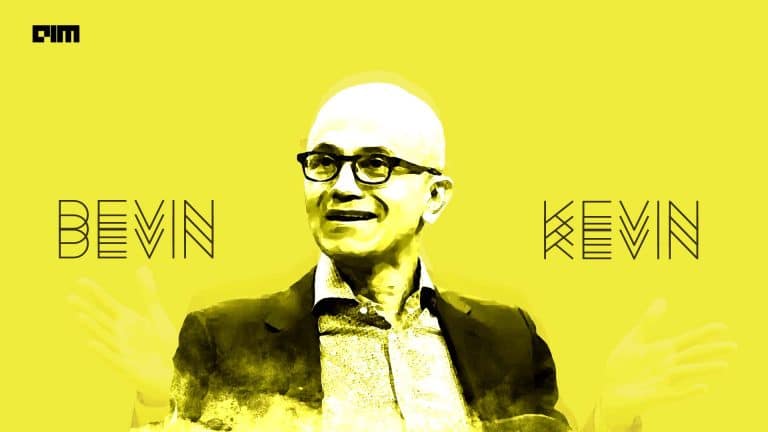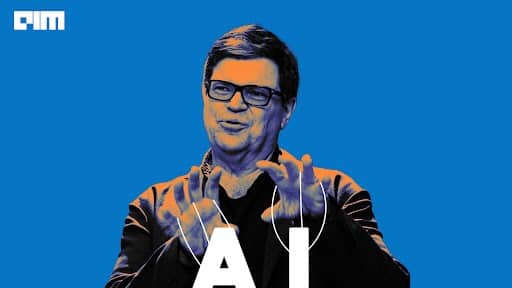|
Listen to this story
|
Just a few days after Cognition Labs launched AI software engineer Devin, Mufeed VH (Hamzakutty), the founder of Lyminal and Stition.AI, created an open source passion project called Devika. This Indian version of Devin can understand human instructions, break them down into tasks, conduct research, and autonomously write code to achieve set objectives.
“There’s actually a funny story about how Devika was created.” Mufeed told AIM that he was just chilling and experimenting with different tools when he came across Devin and was impressed by the demo just like everyone else was. “I started thinking about what could be the name of an Indian version of Devin, and I got to Devika. I just posted it out like a joke,” he added.
Mufeed, the 21-year-old genius was born in Thrissur, Kerala and is the founder of Lyminal and Stition.AI, where he is focusing on building security products for LLMs. He was also the gold medalist at the IndiaSkills 2021 Nationals in cybersecurity when he was just 19 years old. That is when he started his cybersecurity startup.
The post above got a lot of traction on X and Mufeed was flooded with messages from people about wanting to work on such a project. “Hold on, why not make it serious?” he thought when he realised that people really want something like Devin from India. “It took me around 20 hours over three days, and Devika started showing promise,” Mufeed, who started working on it in his free time, said.
Drawing from the experience of working on a similar product at Stition.AI, Mufeed had some ideas on how to make Devika a reality. “When I posted about it on X, the response was overwhelming,” he said. The project gained traction rapidly, even though he hadn’t anticipated such a reaction. Before long, it was gaining popularity, and now it has 10k stars on GitHub and a growing community contributing to it.
“I recently held a talk about our security product but was forced to put a slide about Devika because people were constantly asking me about it,” Mufeed laughed. Stition’s security product that can automatically find safety flaws without human intervention and patch vulnerabilities is in public beta since December. The company plans to launch the product soon.
Devika, which was just a side project for Mufeed, has unwittingly become one of his key priorities.
Think of Devika as a Software Engineering Intern
Devika’s strength lies in its ability to function as an AI-assistant programmer, reducing the need for extensive human intervention in complex coding tasks. The main difference between Devin and Devika, apart from the latter being open source, is that Mufeed used Claude 3 instead of GPT-4 for Devika.
“Claude 3 Opus is the most powerful model right now and on our company’s benchmarks it was better than GPT-4,” he said, and added that Claude 3 Haiku is better than GPT-3.5. Another reason was the 200k context length of Claude 3 models compared to the 128k of GPT-4.
“I have been getting these questions about the exact intention behind creating this,” said Mufeed, commenting on how such AI tools have been touted as the replacement for programmers. “My intention was to simply make Devika as a help that can automate the mundane tasks for engineers, probably like an intern. You can offload a lot of work to her, but she cannot be a replacement for engineers,” he clarified.
Devika’s core capabilities include advanced AI planning and reasoning algorithms, contextual keyword extraction for focused research, seamless web browsing, and code writing in multiple programming languages.
Increasing Capabilities, Not a Product Yet
Another open-source alternative to Devin is OpenDevin, which when launched only had a readme file on GitHub. “It was very hyped up, but the work is still slow,” said Mufeed. On the other hand, Devika’s already established groundwork garners a lot of attention and contributions from the developer community, and everyone is adding new features.
“We don’t necessarily plan to make it into a product right now,” Mufeed said. “Our goal right now is to score high on the SWE Bench benchmark, which Devin performed excellently on,” he added, also mentioning that a lot of investors are increasingly getting interested in this.
“Additionally, we’re exploring applications beyond security, such as threat modelling and red teaming, to further enhance our products,” said Mufeed. “We’re prioritising making Devika more accessible to non-technical users through easier installation and localisation,” he said, adding that they are also integrating multilingual support, which is already there in Claude 3 Opus for languages like Hindi, Malayalam, and Tamil.
Mufeed and his team want to add more zero-shot capabilities to the model, which essentially would mean making it more user-friendly and accepting of prompts in natural language. He gives an example of how Devin can currently sign up on Reddit, make posts, and read comments. He wants Devika, which will be released in a few days, to perform such tasks too.
































